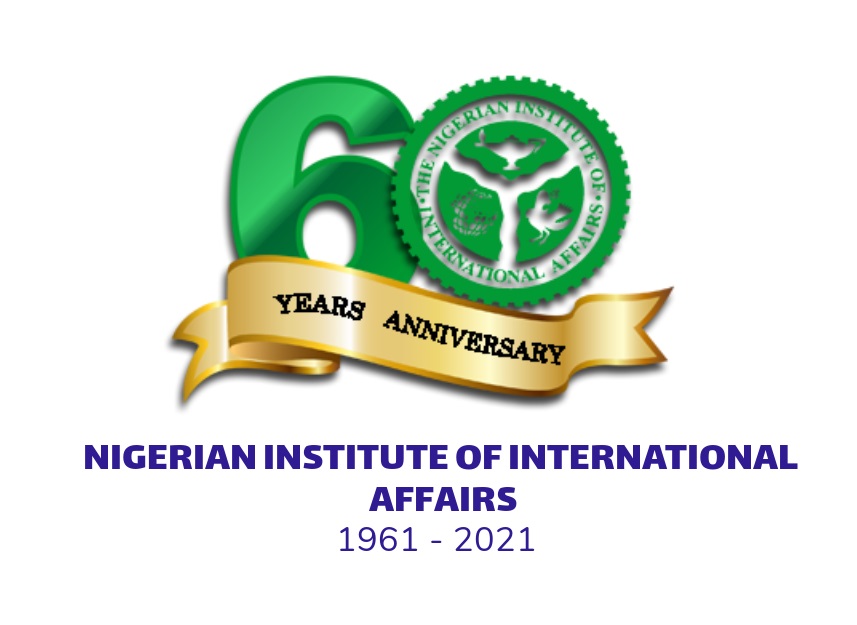GLIC Report Series 2.17 (9-13th December 2024)
Africa: Migration
Hundreds of African migrants in Lebanon await repatriation after Ceasefire
Hundreds of migrant workers in Lebanon are waiting to be repatriated after the ceasefire ending the 14-month war between the Lebanon-based Hezbollah and Israel went into effect last month. Lebanon has long drawn migrant workers dreaming of building better lives for their families. Enticed by promises of stable jobs and decent pay, they enter Lebanon via recruitment agencies under a sponsorship-based labor system known as Kafala — only to find themselves often trapped with confiscated passports, long hours, withheld wages and, for many, abuse. The Kafala system has long been criticized by human rights groups.
African News:Hundreds of African migrants in Lebanon await repatriation after CeasefireDecember 13, 2024
DR Congo: Public Health
Fears in DRC as mystery disease kills dozens, mainly children
Just four months after the World Health Organization (WHO) declared a global health emergency over mpox – which has overwhelmed health systems in Democratic Republic of the Congo this year – a new mystery flu-like illness that’s killed dozens of people has raised fears among many Congolese.Forty-year-old Denise Kabeya lives in the Panzi area in DRC’s western Kwango province – where health authorities say most cases of the unknown disease have emerged since October.
Al-jazeeral: Fears in DRC as mystery disease kills dozens, mainly childrenDecember 13, 2024
Sudan: Conflict
At least 175 people killed, dozens injured in separate strikes in Sudan
At least 175 people have been reported dead and dozens injured after a series of airstrikes hit Sudan’s capital on Monday and Tuesday. The attack has been linked to the Rapid Support Forces (RSF) who have been waging a war with the Sudanese army in the 20-month conflict. The first attack took place on Monday when an air strike hit a busy market in the town of Kabkabiya, 180km west of North Darfur, killing at least 100 civilians including women and children according to a rights group.In another incident, a single shell fired at a passenger bus “killed everyone on board,” totaling 22 people, stated Ahmed Othman Hamza in a communiqué, denouncing a “massacre” committed by RSF.
African News: At least 175 people killed, dozens injured in separate strikes in Sudan December 12, 2024
Somalia: Election
Clashes erupt between Somalia’s federal troops and regional forces over a disputed local election
Clashes erupted on Wednesday morning in a southern town in Somalia between the country’s federal government forces and regional troops of the state of Jubbaland amid escalating tensions over a disputed regional election there. The hours long fighting in the town of Raskamboni calmed by midday in the latest violence in the restive Horn of Africa long plagued by deadly attacks by Islamic extremists. Both sides accused each other of instigating the clashes. Details of the fighting and the number of casualties remained unclear because of a telecommunications blackout imposed in the area.
African News: Clashes erupt between Somalia’s federal troops and regional forces over a disputed local election December 12, 2024
Nigeria: Security
Dozens kidnapped by rifle-wielding men in northwest Nigeria village
Armed men have abducted dozens of women and children in northwestern Nigeria, the latest in a spate of kidnappings that have plagued the region. Police said the incident took place on Sunday in the village of Kafin Dawa in Zamfara State. Residents reported men carrying assault rifles going door to door, kidnapping people. “We found out that they kidnapped more than 50 women, including married women and girls,” said Hassan Ya’u, a resident who managed to escape but had his younger sister kidnapped. “The entire village was gripped by fear as gunshots echoed throughout the operation,” said another resident cited by Nigeria’s Daily Trust news site, which reported 43 people were kidnapped.
Aljazeera: Dozens kidnapped by rifle-wielding men in northwest Nigeria village December 10, 2024
Kenya: Protest
Police fired teargas against femicide protesters for Nairobi
Police in Kenya’s capital hurled tear gas canisters Tuesday at hundreds of protesters angry about gender-based violence and femicide, or the killing of women, and arrested an unknown number of people. Protesters chanting “Stop femicide” were dispersed by police in a public park in Nairobi where they had gathered and later engaged in running battles along the streets. Several protesters were injured in the confrontation Tuesday.Kenya has a silent epidemic of gender-based violence. Police said in October that 97 women had been killed since August, most of them by their male partners. Last month, President William Ruto committed more than $700,000 for a campaign to end femicide after meeting with elected female leaders.
A U.N. report released in November to mark the start of a separate 16-day global campaign said that Africa recorded the highest rate of partner-related femicide in 2023. There has been a series of anti-femicide protests in Kenya and on Nov. 25 during the International Day for the Elimination of Violence against Women, police used tear gas to disperse a handful of protesters who had braved the bad weather. Kenya was among several African countries elected to the U.N. human rights council on Oct. 9.
Washington Post: Police fired teargas against femicide protesters for Nairobi December 10,2024
Africa: Climate Change
Africa’s high cost of climate
Climate change-related weather events and conditions are placing disproportionate burdens and risks on Africa. Such events as droughts, floods and cyclones are increasing, leading to massive population displacement and considerable economic losses.African countries lose an average of 2 to 5% of their GDP each year due to extreme weather events. A significant portion, up to 9%, of some national budgets is dedicated to combating these phenomena.
The World Meteorological Organization estimates that the cost of adaptation could reach between $30 and $50 billion per year in the next decade in sub-Saharan Africa. This is equivalent to 2 to 3% of regional GDP. At COP29, where the issue of financing is at the heart of the negotiations, the group of African countries denounced having to go into further debt to access financing. African negotiators have made specific demands, including annual funding of around $1.3 trillion to help the continent address the impacts of climate change while meeting the goals of the Paris Agreement. This money should enable the least developed countries to transition to green energy, anticipate and repair the damage caused by natural disasters, and organize climate migrations selected.
African News: Africa’s high cost of climate



